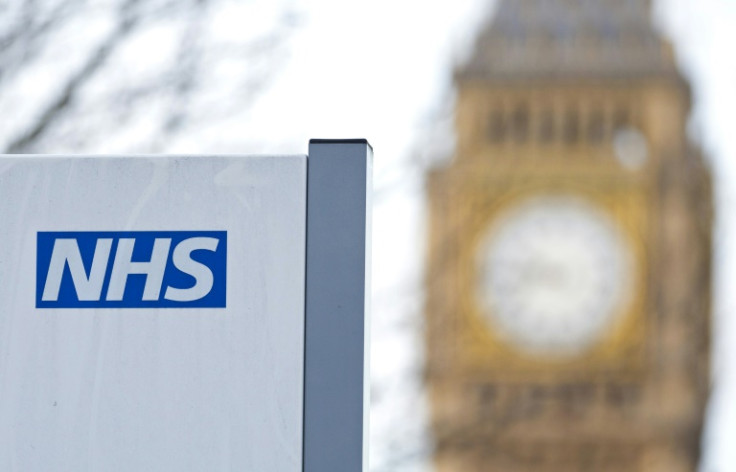NHS Spends £2m on 'Woke' Events Like Pride Crafting and Eurovision — While Doctors Strike Over Pay
NHS spends £2 million on diversity events while facing doctor pay strikes

The National Health Service faces fierce criticism over its spending priorities after revelations show that trusts allocated more than £650,000 on 'woke' initiatives, even as Britain's largest medical strike in the NHS's history enters its fifth day.
Up to 50,000 junior doctors across England went on strike from 25 July, demanding a 29% pay restoration they claim would reverse a 26% real-terms decline in their salaries since 2008. The unprecedented walkout has triggered mass appointment cancellations and widespread service disruption.
According to media investigations, NHS organisations have spent over £650,000 on so-called 'woke' initiatives, including LGBT-themed events, pronoun badge giveaways, diversity roles, and Pride-related merchandise. At the same time, some trusts reportedly employed dozens of diversity and inclusion (EDI) staff at salaries totalling £13.5 million per year.
Another estimate suggests that the NHS spends approximately £40 million annually on diversity-related non-frontline positions, funds that critics say could instead be used to fund frontline care or nurses.
Clinical Services Disrupted
The British Medical Association argues junior doctors have shouldered the heaviest burden of austerity cuts, with many earning less in real terms than colleagues did fifteen years ago.
As the resident doctors across England shunned their work for five days starting 25 July over pay, the BMA argues that junior doctors' real-terms pay has declined by around 26% since 2008, and is calling for a 29% pay restoration.
Health Secretary Wes Streeting criticised the strikes, calling them 'unprecedented' and arguing the BMA is undermining efforts to rebuild the NHS.
NHS England chief executive Jim Mackey warned hospital leaders not to allow inflated pay premiums, often reaching thousands of pounds per shift, to cover striking junior doctors, urging trusts to ensure no individual profits during industrial action and to prioritise continuity of routine care.
Unions Condemned, Public Patience Tested
The Governing Labour administration has faced mounting pressure from unions. Unite, the Royal College of Nursing (RCN), and several other NHS staff unions have rejected a government pay offer averaging around 3.6%, arguing that it fails to keep pace with inflation and rising living costs. The unions have warned that without improved terms, further industrial action may follow.
With NHS recovery reportedly slowing, public patience appears to be wearing thin, as the government attempts to balance wage demands with mounting fiscal pressures and ongoing service disruption.
Tory MPs and campaigners have seized on these disparities, with MP Joe Robertson demanding that the Health Secretary 'scrap this nonsense' around expensive inclusion calendars and instead redirect funding to patient care.
NHS Defence: Inclusion Improves Patient Care
Responding to criticism, NHS spokesperson emphasised that awareness initiatives focused on LGBT+ issues, mental health, and equality enhance patient care and staff cohesion and argued that inclusion teams play a vital role in ensuring all patients feel safe and respected within clinical environments.
However, critics counter that such spending is a luxury the NHS can no longer afford amid financial struggles and labour disputes.
What It Means: Spending Priorities Scrutinised as Strikes Bite
As industrial action continues to paralyse services and waiting lists rise, frustration is mounting over NHS allocation decisions. With frontline staff demanding much more than modest pay awards, the contrast between operational disruptions and spending on non-clinical initiatives fuels mistrust.
While the NHS argues that diversity investments support better care delivery, the timing and scale of these programmes are being questioned when vital treatment is deferred and doctors are striking over pay restoration.
© Copyright IBTimes 2025. All rights reserved.





















